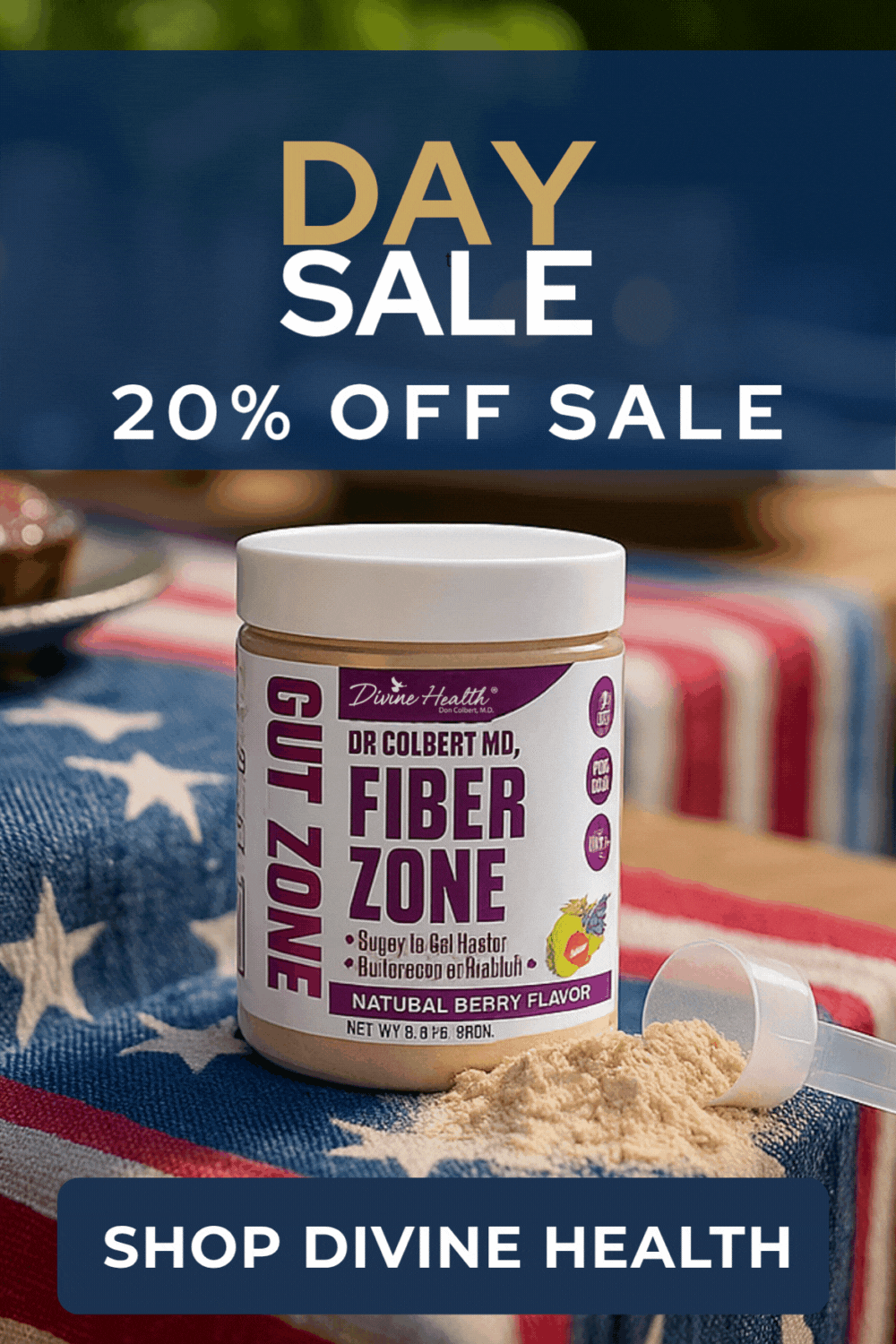You need more omega-3s. There is little dispute.
In the world of nutrition, it is rare for almost everyone to agree.
Why more omega-3s?
Omega-3s reduce chronic inflammation in our bodies, which is good since inflammation is linked to many chronic diseases. Research has shown that more omega-3s in the diet may vastly lower the incidence of many chronic diseases (1).
If less chronic disease sounds good to you, here is all about omega-3s and the best Keto Zone omega-3 sources.
What are Omega-3s?
Omega-3s are polyunsaturated fatty acids. This means they have more than one double bond in their structure. They are called omega “3s” because the first double bond occurs at the 3rd carbon in the structure.
What does this chemistry mean to you?
In nutrition and health, omega-3s are incredibly important. They are needed from food because while our bodies can synthesize some fatty acids, they can’t “synthesize” where the double bond occurs to make an omega-3. This double bond placement is important in function (1).
There are 4 common omega-3s in foods:
- Alpha-linolenic Acid (ALA): This plant-based omega-3 is found in nuts, seeds, and soy. While healthful, it requires conversion in the body to become useful. This process is inefficient, and only a small percentage is converted.
- Eicosapentaenoic Acid (EPA): EPA is highly beneficial to health, and comes from oily fish, krill oil, and algae oil and krill oil. There is no conversion needed as your body can readily use EPA.
- Eicosatetraenoic Acid (ETA): This omega-3 is lesser known and somewhat new to most people. It is found in roe oil and green-lipped mussel. Like other omega-3s, it’s anti-inflammatory. What’s more, it limits the production of the antithesis of omega-3s, Arachidonic Acid (ARA). ARA is inflammatory.
- Docosahexaenoic Acid (DHA): This omega-3 is beneficial when consumed directly. It is also healthful when converted into EPA by the body (which it does to keep balance). It is found in oily fish, krill oil and algae oil.
Omega-6s: Small amounts of omega-6s are essential for human health. Unfortunately, most people consume way too much omega-6 compared to omega-3s, and this causes an imbalance that increases inflammation and chronic disease. This is referred to as the omega-6 to omega-3 ratio.
How Do Omega-3s Work in the Body?
When omega-3s enter the body, they:
- Are directly incorporated into the cell membrane of many organs and tissues. Primarily, the heart, nervous tissue and eyes (2). Once there, improve structure and function, protect from oxidative damage, inflammation, and destruction.
- Reduce inflammation by competing with omega-6s to influence the production of inflammatory vs. anti-inflammatory hormones. First, ALA competes with omega-6s for the enzymes that will convert it to DHA and EPA. If too much omega-6s are present, less ALA will be converted. What’s more, omega-3s compete with both linoleic acid (an omega-6) and arachidonic acid. The latter increases the production of eicozanoids, which are inflammatory. On the other hand, DHA, DPA, and EPA can be transformed into anti-inflammatory agents. (3,4). As omega-3s go up, harmful ARA goes down in the plasma and tissues.
It’s important to note that not all inflammation is bad. Inflammatory reactions are very important in combating infections and promoting healing of tissues in the short term. But, modern diets have largely caused chronic and too-strong inflammatory responses, even when they are not necessary and there’s not viral or bacteria threat. In this case, chronic inflammation is correlated with many chronic diseases such as heart disease, diabetes, metabolic syndrome, arthritis, and more.
Health Benefits of Omega-3s
In research, increasing omega-3 consumption (while decreasing omega-6 consumption) promote better:
Heart Health: This means cholesterol balance, lower triglycerides, less plaque formation in arteries, and more (5)
Brain health and less cognitive decline: Especially in age-related mental decline from Alzheimer’s and dementia, research has shown positive effects of omega-3s (7). What’s more, omega-3s are critical for the healthy development of infants’ brains.
Autoimmune Disease Outcomes: Omega-3s can reduce symptoms and risk from autoimmune diseases, reducing the inflammatory effects (8)
Eye Health: Your retina contains loads of DHA. Increasing intake can promote retinal health, less dryness, and reduced risk of disease.
More: Omega-3s may reduce cancer risk, improve aging and skin, reduce inflammation caused by non-alcoholic fatty liver disease (9), improve joint pain and arthritis, and more.
Best Keto Zone Omega-3 Sources
We can agree that we need omega-3s. Here are the best Keto Zone Omega-3 Sources (10) :
- Atlantic Mackerel: 6,982 milligrams in 1 cup cooked
- Salmon Oil: 4,767 milligrams in 1 tablespoon
- Cod Liver Oil: 2.664 milligrams in 1 tablespoon
- Herring & Alaskan Wild-Caught Salmon: 1716-1,885 milligrams in 3 ounces
- Albacore Tuna, Sardines and White Fish: 1363 – 1,414 milligrams in ~3 ounces
- Anchovies: 951 milligrams in 1 can/2 ounces
- Egg Yolks: 140 milligrams in 1/4 cup
- Walnuts and Chia Seeds:* 2457-2,664 milligrams in 1/4 cup
- Flaxseeds(ground): 1,597 milligrams in 1 tablespoon
- Hemp Seeds:* 1,000 milligrams in 1 tablespoon
*While still healthful with large amounts of omega-3s, these foods contain ALA omega-3s. They also contain significant omega-6s. Some omega-6s are necessary in the diet, but the concentrated sources in processed foods should be avoided.
Amounts Needed and Supplements
Most people should shoot for a minimum of 1000-2000 mg of DHA and EPA per day (in combo). This can be tough to achieve for many adults.
If you do not eat fatty fish several times per week, it may be beneficially to add an omega-3 supplement. Always let your doctor know you’ve added it as it can act as a blood thinner or may interact with other medications.
Bottom Line
There’s little doubt that omega-3s are important to human health and that most everyone would benefit from more. It’s equally important to reduce omega-6s from processed foods. Add the omega-3s you need with our list of the best Keto Zone omega-3 sources.















I sure do appreciate the regular communication from Divine Health. I will use some of the recipes as well. I have discovered that taking the right amount of Omega 3 capsules DOES help my dry eye. Even my optometrist recommends the use of Omega 3 capsules. Also I have been using the collagen I purchased from Divine Health and noticing the great results for skin health (even in a harsh Canadian winter as well as less aches and pains. Thank you for helping people have better health, Dr. Colbert.
HI Cathy,
Than You for choosing Divine Health.
Dr. Colbert love all your articles and all the good recipes you give out. . Have tried a few and was quite successful with them. Thanks again for all you do.
When is your cookbook coming out or has it already come out..
Thank You so much for your feedback.We really appreciate it and Divine Health always wishes you a good health.
Dr.Colbert’s keto Zone Cookbook is already out.You can buy it here
https://ketozone.com/product/quick-and-healthy-keto-zone-cookbook-the-holistic-lifestyle-for-losing-weight-increasing-energy-and-feeling-great/
or
call our customer service at +1 (407)-732-6952 to place an order.